Every form of addiction is bad, no matter whether the narcotic be alcohol or morphine or idealism
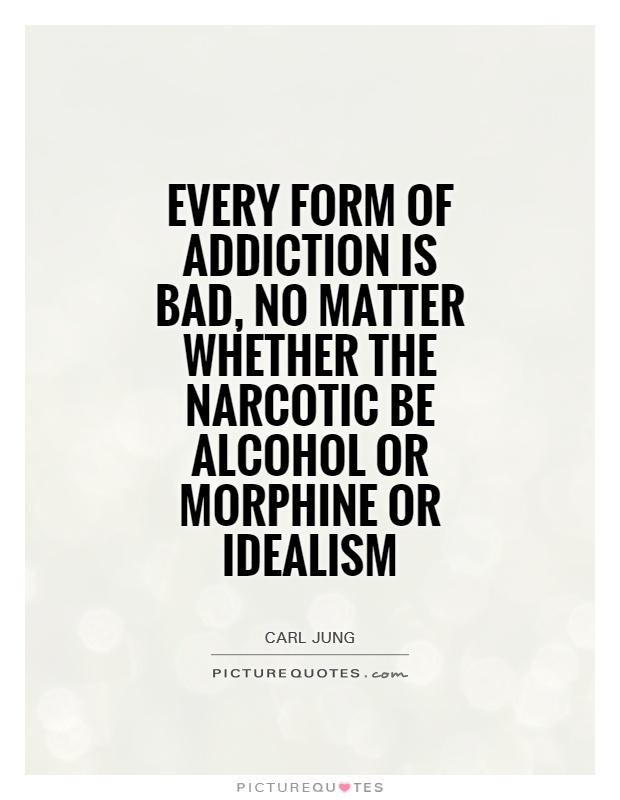
Every form of addiction is bad, no matter whether the narcotic be alcohol or morphine or idealism
Carl Jung, a renowned Swiss psychiatrist and psychoanalyst, believed that every form of addiction is detrimental to an individual's well-being, regardless of the substance or behavior involved. In his view, addiction is a manifestation of an underlying psychological imbalance or unresolved issues that need to be addressed in order to achieve true healing and wholeness.Jung's perspective on addiction goes beyond the physical dependence on substances like alcohol or morphine. He also recognized that individuals can become addicted to more abstract concepts, such as idealism. This form of addiction involves an excessive attachment to one's beliefs, values, or ideologies, to the point where it becomes destructive and all-consuming.
For Jung, addiction is a symptom of a deeper psychological problem that needs to be explored and understood in order to facilitate true healing and transformation. He believed that addiction is often a coping mechanism used by individuals to numb emotional pain, escape from reality, or fill a void in their lives. By addressing the root causes of addiction, individuals can begin to heal and find healthier ways to cope with their emotions and experiences.
Jung's approach to addiction treatment focused on exploring the unconscious mind and uncovering the underlying psychological issues that contribute to addictive behaviors. Through techniques such as dream analysis, active imagination, and exploring the shadow self, individuals can gain insight into their addictive patterns and work towards healing and transformation.

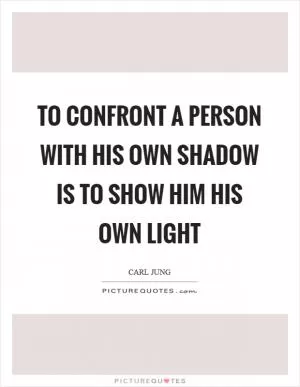
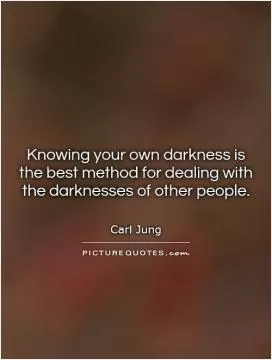

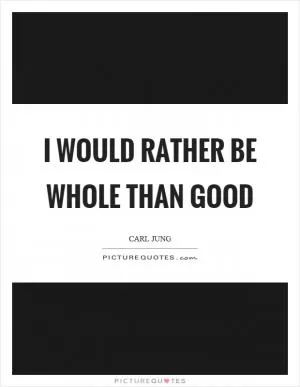
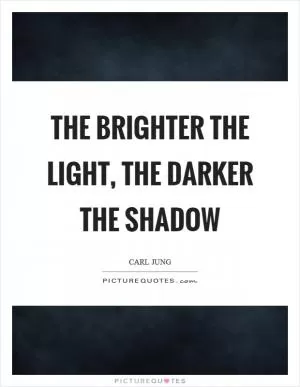
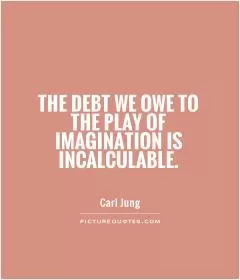
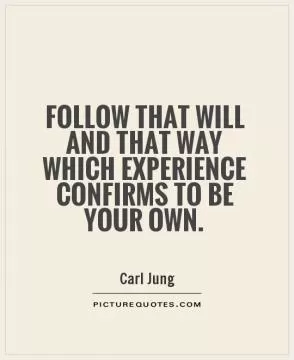



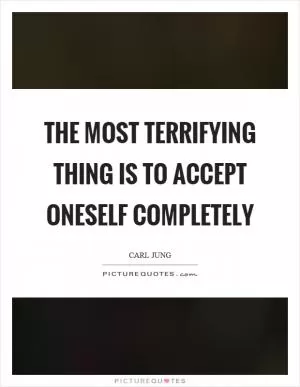
 Friendship Quotes
Friendship Quotes Love Quotes
Love Quotes Life Quotes
Life Quotes Funny Quotes
Funny Quotes Motivational Quotes
Motivational Quotes Inspirational Quotes
Inspirational Quotes